Netflix vs Hulu – which is best? The guide to picking the right streaming platform for you
Which streaming service deserves your subscription dollars?
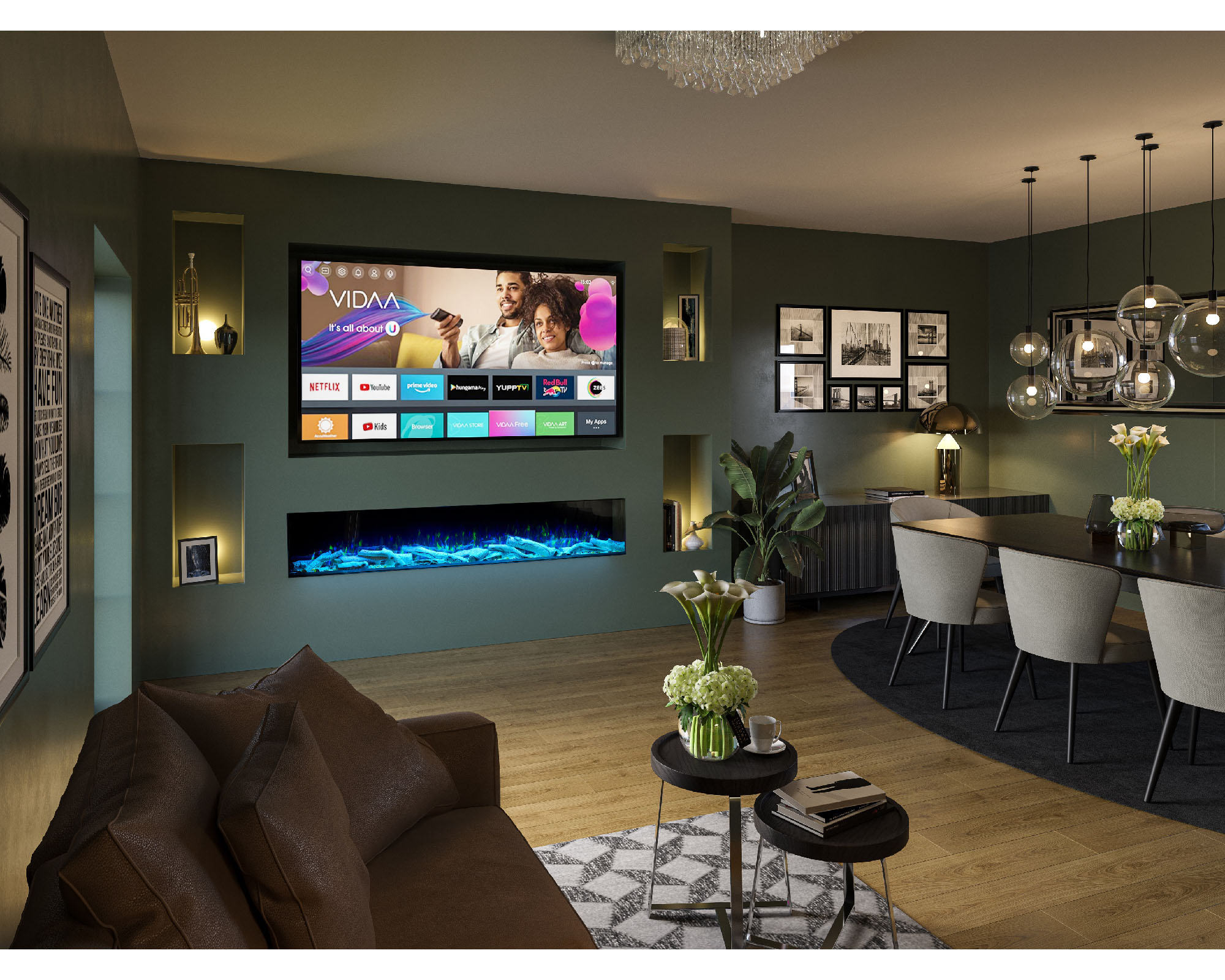

Wondering how to weigh up Netflix vs Hulu? There was a time when ditching cable inevitably meant embracing Netflix. But now, so many streaming services are demanding a monthly subscription that it’s hard to know where your money should go.
It can be hard to know how to weigh up Hulu vs Disney Plus, Netflix vs Amazon Prime, and more. Hulu and Netflix, for example, are two excellent services with an awful lot going for them. But which is more deserving of your monthly subscription?
Below, we’ve outlined how the two stack up against each other, not just in terms of content and price, but where you can watch, the technologies the two embrace and other important things to consider.
Want to decide between Netflix vs Hulu? Read on for our guide to which best suits you.
While writing for tech brands such as T3 and Tom's Guide, Alan has had to be at the forefront of what is happening in the world of video streaming. It has given him a real understanding of the nuance of what the different services have to offer and how they fit into the lives of people of use them, and it was this insight he was able to bring to shrewdly assessing the differences between Netflix and Hulu.
How to decide between Netflix vs Hulu
Pricing
The short answer is that Hulu is almost always cheaper, but it comes with a big caveat.
There are two Hulu tiers — an ad-supported option for $6.99 per month or an ad-free version for $12.99. As you would expect, the main difference between the two is the absence of adverts (though due to “streaming rights”, Grey’s Anatomy currently features some ads), but it also allows you to download shows for on-the-go watching without having to use cellular data.
Netflix, on the other hand, has three tiers (all of them ad-free), and while the entry-level $9.99 option is cheaper than ad-free Hulu, it can only be used on one device at a time and is stuck at 480p resolution. That’s DVD standard, and it will look a bit rough on the latest big-screen 4K TV.
If you want better, the Standard package is yours for $15.49 per month and offers 1080p (HD) playback on two devices at a time. The Premium tier is $19.99, and offers 4K and HDR (on recent shows) as well as the ability to watch on four screens at once, making it a good choice for multi-user households.
4K, HDR and surround sound
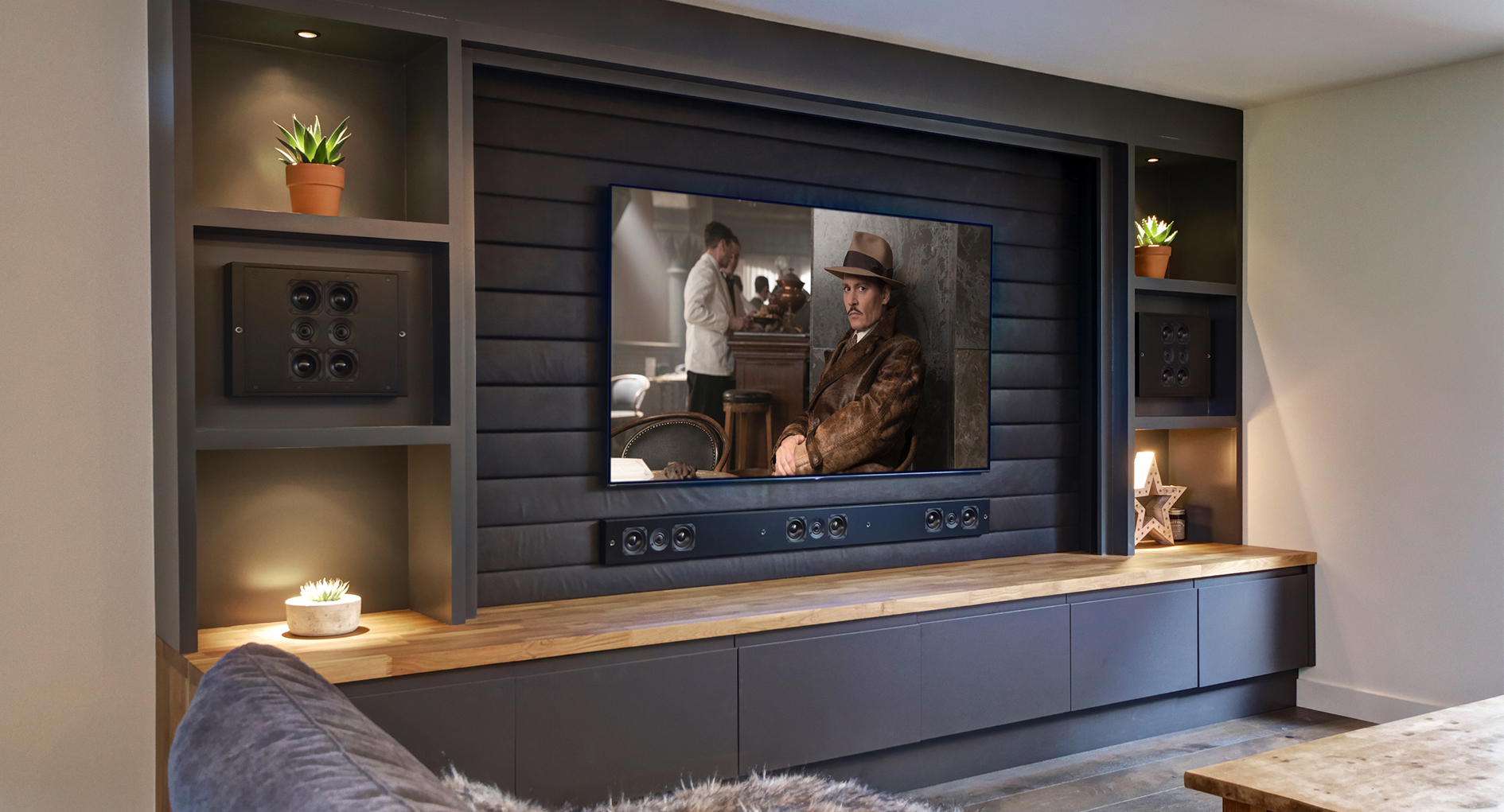
While Netflix makes you pay extra for it, the Premium tier does offer the best picture quality on recent shows if you have the setup to justify it. That tier not only provides 4K content, but some of the Ultra HD programming also supports Dolby Vision and HDR 10.
By contrast, while Hulu has 4K content in the mix on both the ad-supported and pricier tier, there’s no Dolby Vision or HDR.
Both services offer 5.1 surround sound, if you have the hardware to take advantage. Netflix has some Dolby Atmos content too, but Hulu misses out here as well.
Libraries
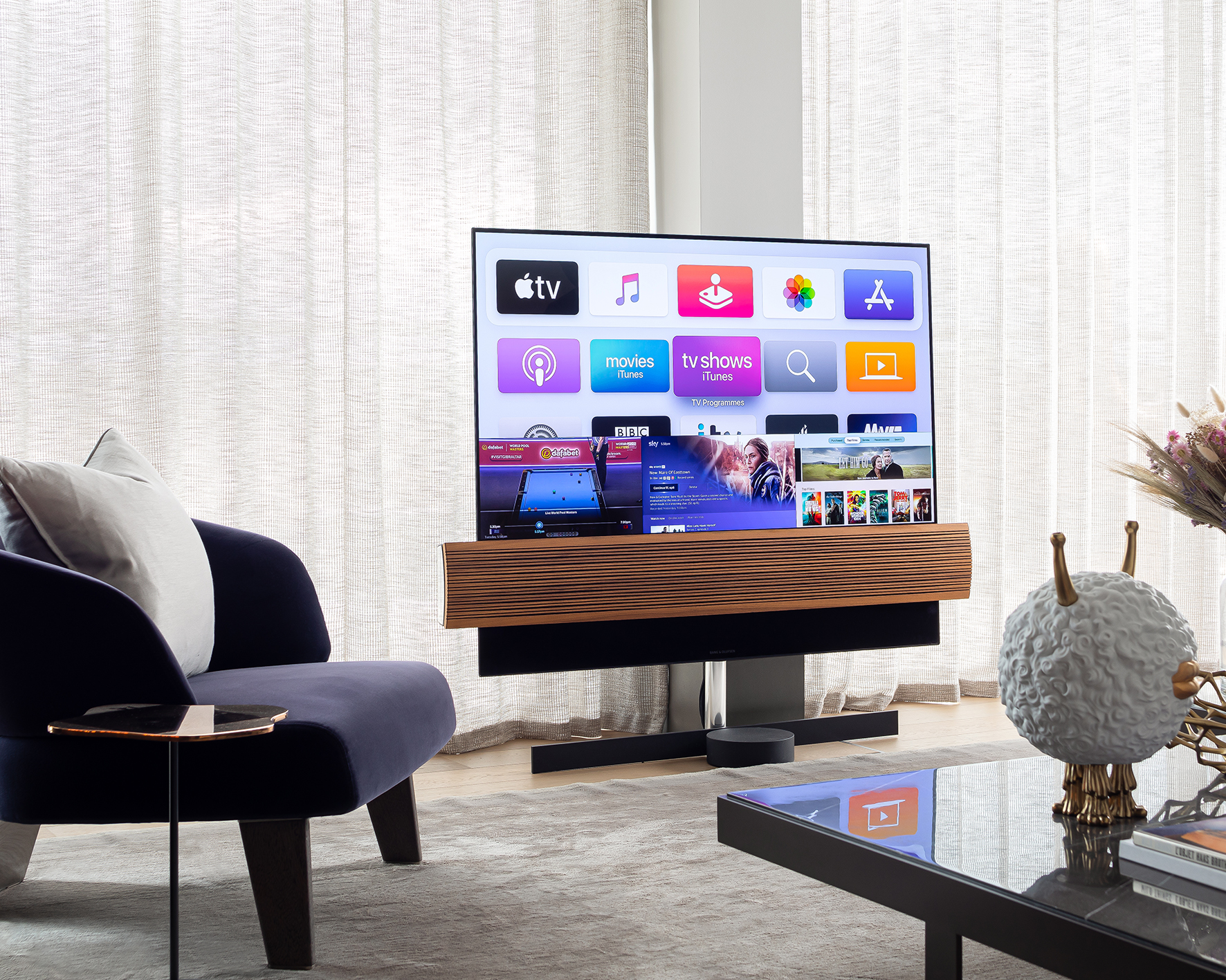
The first thing to note is that Hulu gets weekly episodes of shows that are currently airing on network and cable TV, while Netflix (with the exception of a few shows that have an international distribution deal) doesn’t.
But what it lacks in broadcast TV, it more than makes up for in terms of scale. While neither gives away the full size of its library, it’s pretty widely accepted that Netflix has more. Reelgood, for example, reckons that at the time of writing Netflix has 6,233 TV shows and 4,091 movies, compared to Hulu’s 1,575 and 1,019.
But while library size is great for feeling like you’ve got the best value for money, and for those who like to explore obscure content, there are only so many hours in the day. Ultimately, only you can say which streaming service is more likely to match your exact tastes, so here’s a taster of the big hitters each service offers.
While Netflix was originally known for streaming others’ content, as networks have got into direct competition it’s now arguably better known for its original shows. Stranger Things, Ozark, The Witcher, Bojack Horseman, The Crown, Squid Game, Orange is the New Black and Russian Doll, to name just a few.
It also still has plenty of licensed content. As that is subject to change as licensing deals are made and expire, it wouldn’t make sense to list too much, but as of May 2022 you can watch the likes of Better Call Saul, Breaking Bad, Seinfeld, 30 Rock and Community, as well as movies like The Power of Dog, Forest Gump and Zoolander.
So what about Hulu? As well as offering network TV shows on a weekly basis, it has some excellent exclusive originals of its own. Think The Handmaid’s Tale, Solar Opposites, Shrill, Pen15, Palm Springs and the reboot of Animaniacs. It also has plenty of excellent licensed shows and films such as Modern Family, Hell’s Kitchen, Atlanta, Fargo and Parasite.
Again, this is only a fraction of the content offered on both, so the best thing to do is spot-check your favorites and see where they live. You don’t have to subscribe to do this: sites like JustWatch will show you where each show or movie can be accessed.
Other things to consider
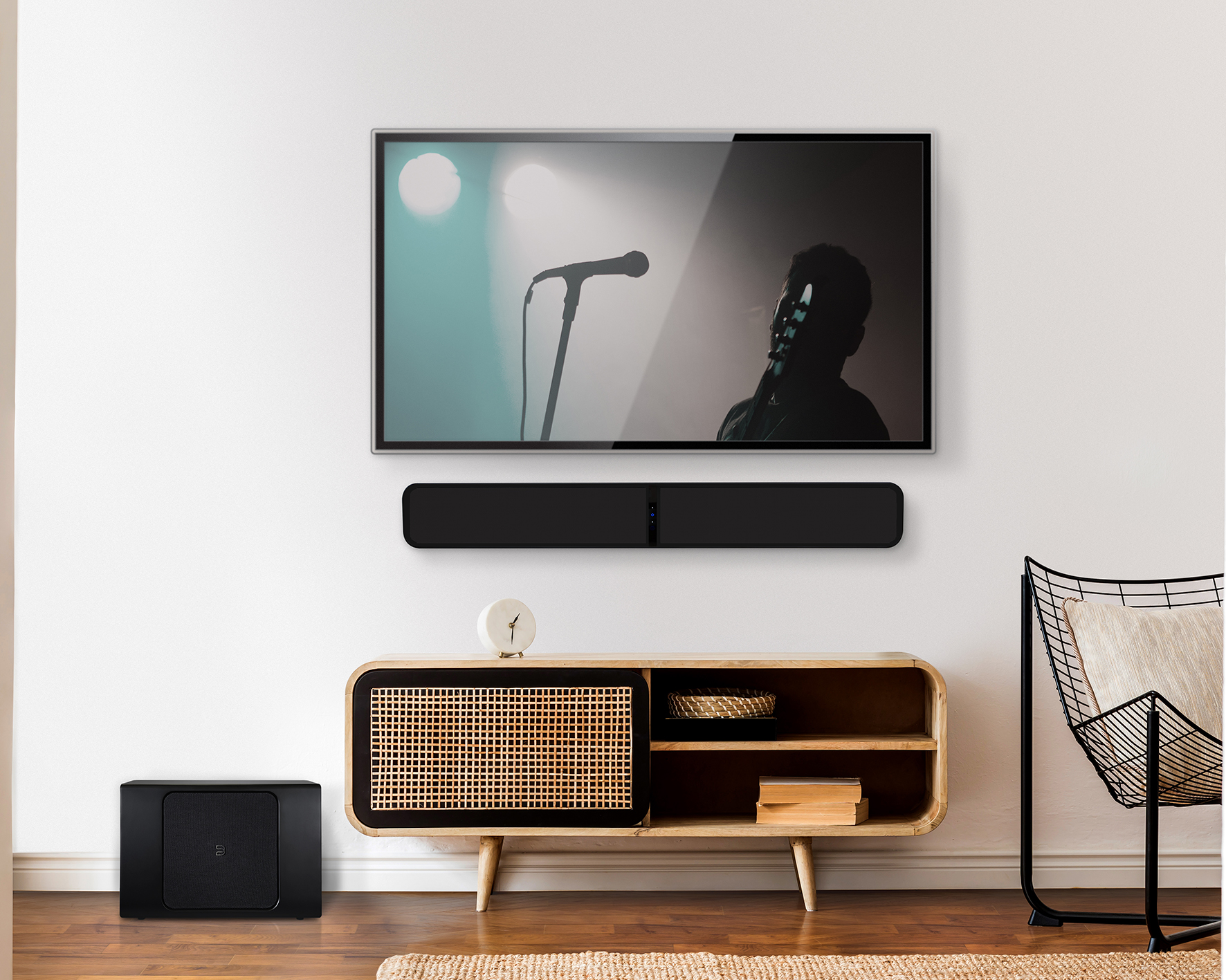
Normally, we’d include a section about what devices support Hulu and Netflix, but the truth is that both are pretty much everywhere: web browsers, smart TVs, Chromecast, Roku, Fire TV, Android, iOS, Xbox and Playstation. In short, it would be astonishing if you didn’t have something that could play either.
Elsewhere, both offer downloads for offline watching (though only on the ad-free plan of Hulu), and while Netflix is completely free of ads, Hulu’s more expensive tier is virtually ad-free as documented above.
There’s one more thing to note, and that’s concurrent streams. While neither lets you share accounts beyond your household, if you have a larger family or plenty of housemates, you may want to stump up for Netflix Premium which allows four screens to use it at once. Hulu — both ad-supported and ad-free - maxes out at two.
So which is better out of Netflix vs Hulu?
Both Netflix and Hulu offer a great deal of value for their monthly fee, and while ultimately there’s no clear winner, we can offer a few pointers beyond personal taste.
Firstly, Netflix has a larger library and a big budget for original content which should represent ongoing value for money. It also offers better quality with 4K, HDR10, Dolby Vision and Dolby Atmos on certain shows, giving your state-of-the-art home theater a chance to shine if you’re prepared to pay for the premium package.
But at that point it’s $84 a year more than Hulu, which also has plenty of quality originals of its own. Plus, it offers shows shortly after broadcast making it an appealing option for cord cutters.
If you can’t justify subscribing to both, consult JustWatch and see which has the programming you can’t live without. Remember that there’s nothing stopping you canceling and rejoining either or both when you feel like a change, or when the latest big hit comes along.
Be The First To Know
The Livingetc newsletters are your inside source for what’s shaping interiors now - and what’s next. Discover trend forecasts, smart style ideas, and curated shopping inspiration that brings design to life. Subscribe today and stay ahead of the curve.

Freelance contributor Alan has been writing about tech for over a decade, covering phones, drones and everything in between. Previously Deputy Editor of tech site Alphr, his words are found all over the web and in the occasional magazine too. He often writes for T3 and Tom's Guide. When not weighing up the pros and cons of the latest smartwatch, you'll probably find him tackling his ever-growing games backlog. Or, more likely, playing Spelunky for the millionth time.
-
 These Are the Flower Crowns I’m Wearing This Spring (Spoiler: They’re Actually for My Door)
These Are the Flower Crowns I’m Wearing This Spring (Spoiler: They’re Actually for My Door)Coachella confirmed the comeback of flower crowns. At home, they just go by another name: the spring wreath
By Julia Demer
-
 Bunny Ears, Be Gone — 7 Easter Table Styling Mistakes That Will Take Your Setting from Tawdry to Tasteful
Bunny Ears, Be Gone — 7 Easter Table Styling Mistakes That Will Take Your Setting from Tawdry to TastefulFrom fussy floral displays that disrupt conversation to over-relying on tacky tropes, don't fall victim to these errors when decorating your Easter table
By Lilith Hudson
-
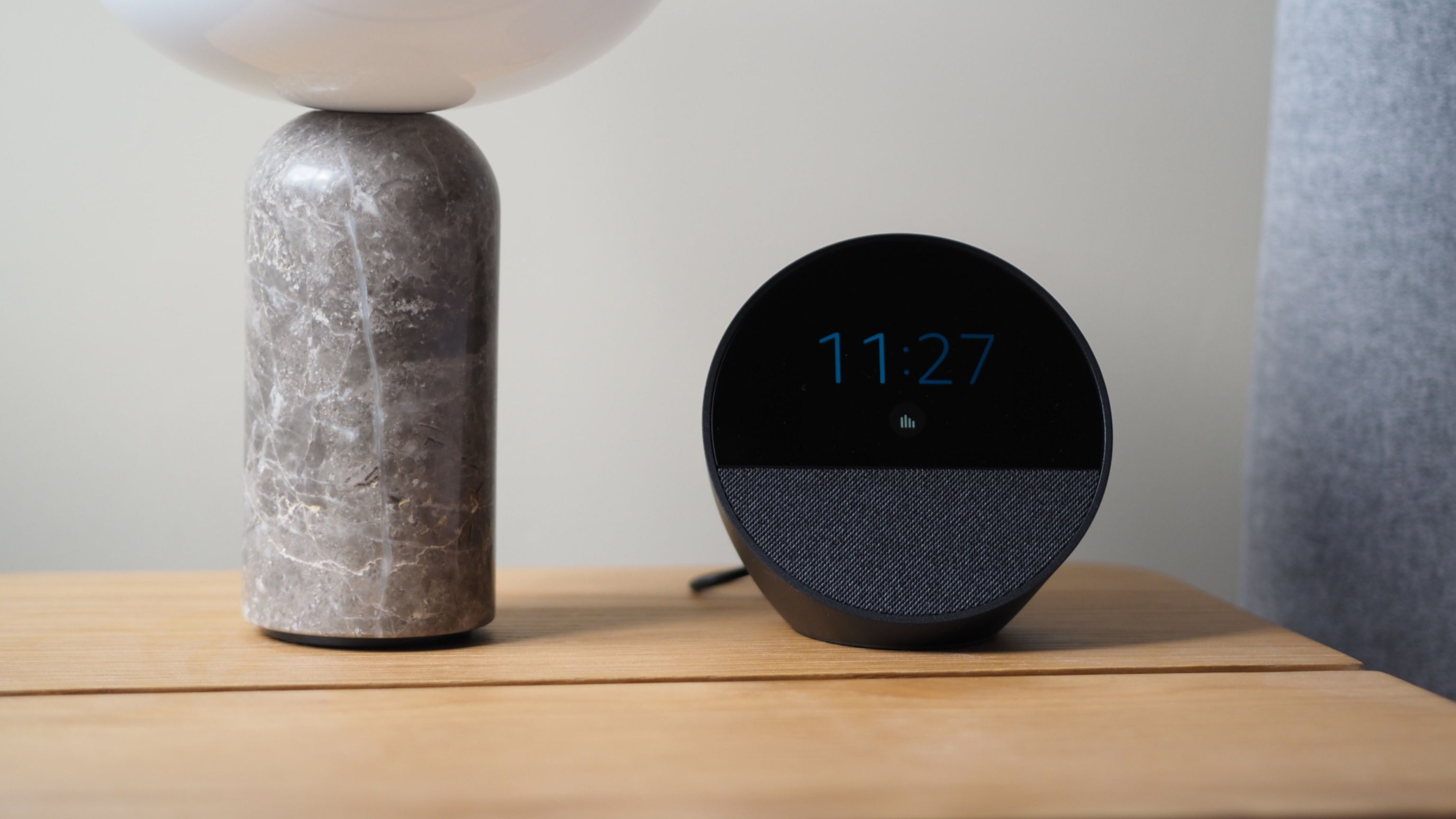 Amazon's New Echo Spot Is Its Best Looking Smart Speaker With a Screen — And It's Almost Half Price Right Now
Amazon's New Echo Spot Is Its Best Looking Smart Speaker With a Screen — And It's Almost Half Price Right NowThe newest design of this Alexa-enabled device fits into your home more naturally than many of its predecessors
By Hugh Metcalf
-
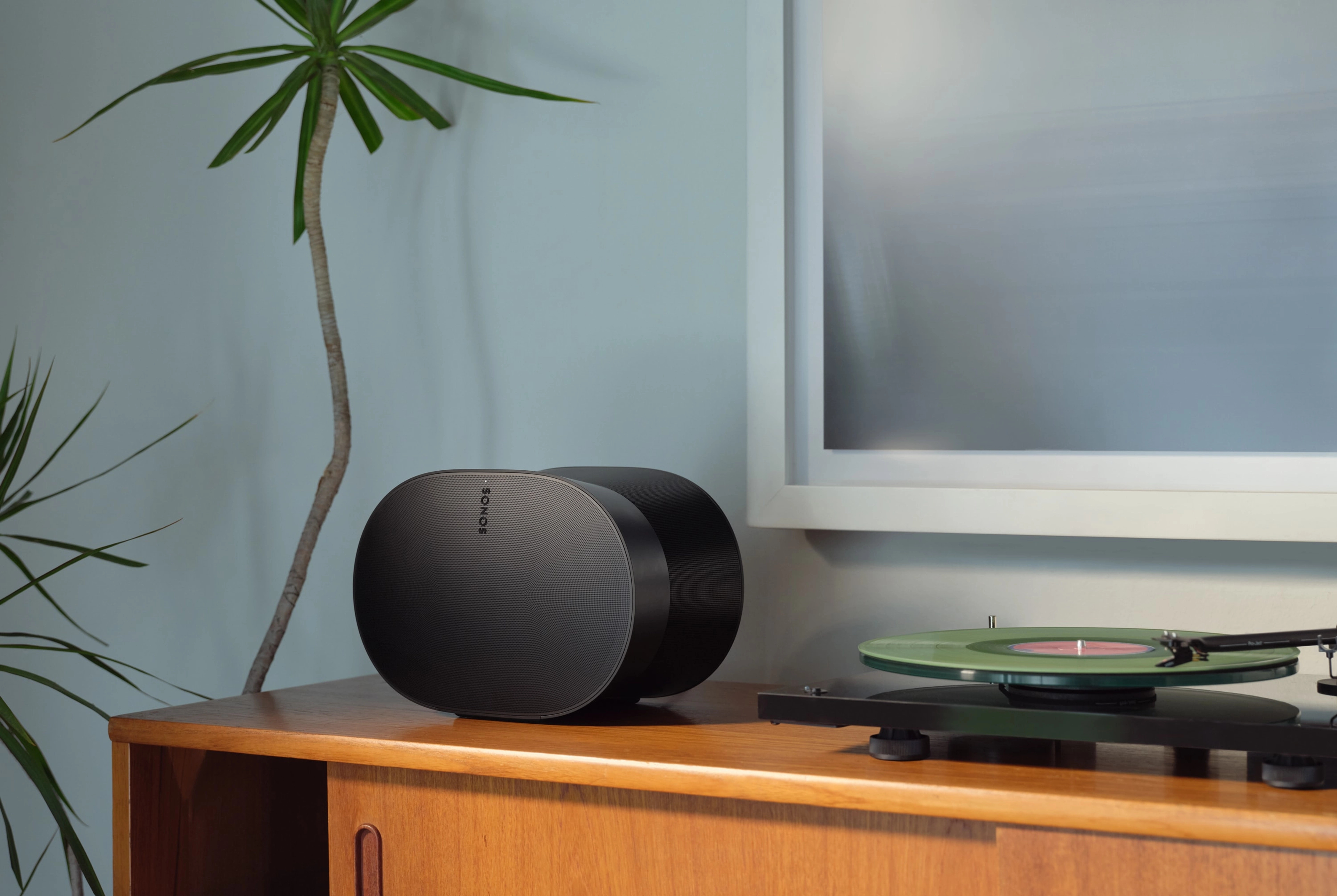 Sonos' Era 300 Speaker is Changing How You Listen to Music — Here's How it Works
Sonos' Era 300 Speaker is Changing How You Listen to Music — Here's How it WorksSpatial audio puts you in the middle of the action for both movies and music. Here’s how the Sonos Era 300 takes advantage.
By Alan Martin
-
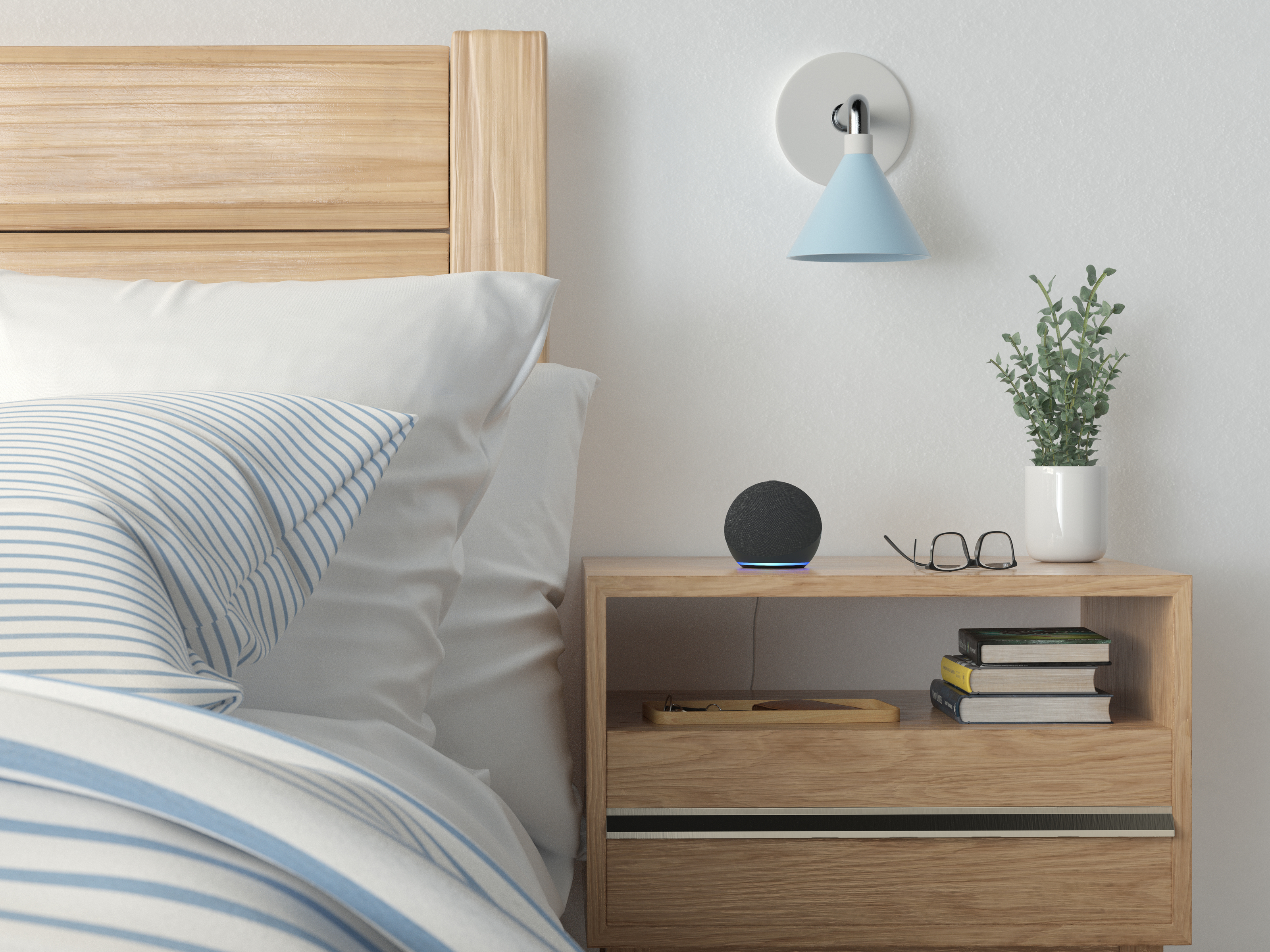 5 Clever Ways you can use Your Amazon Alexa Devices to Help you Sleep Better — 'They Revolutionize Your Night Time Routine!'
5 Clever Ways you can use Your Amazon Alexa Devices to Help you Sleep Better — 'They Revolutionize Your Night Time Routine!'If you don't have an Amazon Echo device in your bedroom yet, you'll definitely want to after learning about these genius functions
By Lilith Hudson
-
 6 Resolutions to Make Your Smart Home Better in 2024 — This is How to Get More From Your Tech
6 Resolutions to Make Your Smart Home Better in 2024 — This is How to Get More From Your TechMake your smart home work better for you in the new year with these tips to get things firing on all cylinders
By Alan Martin
-
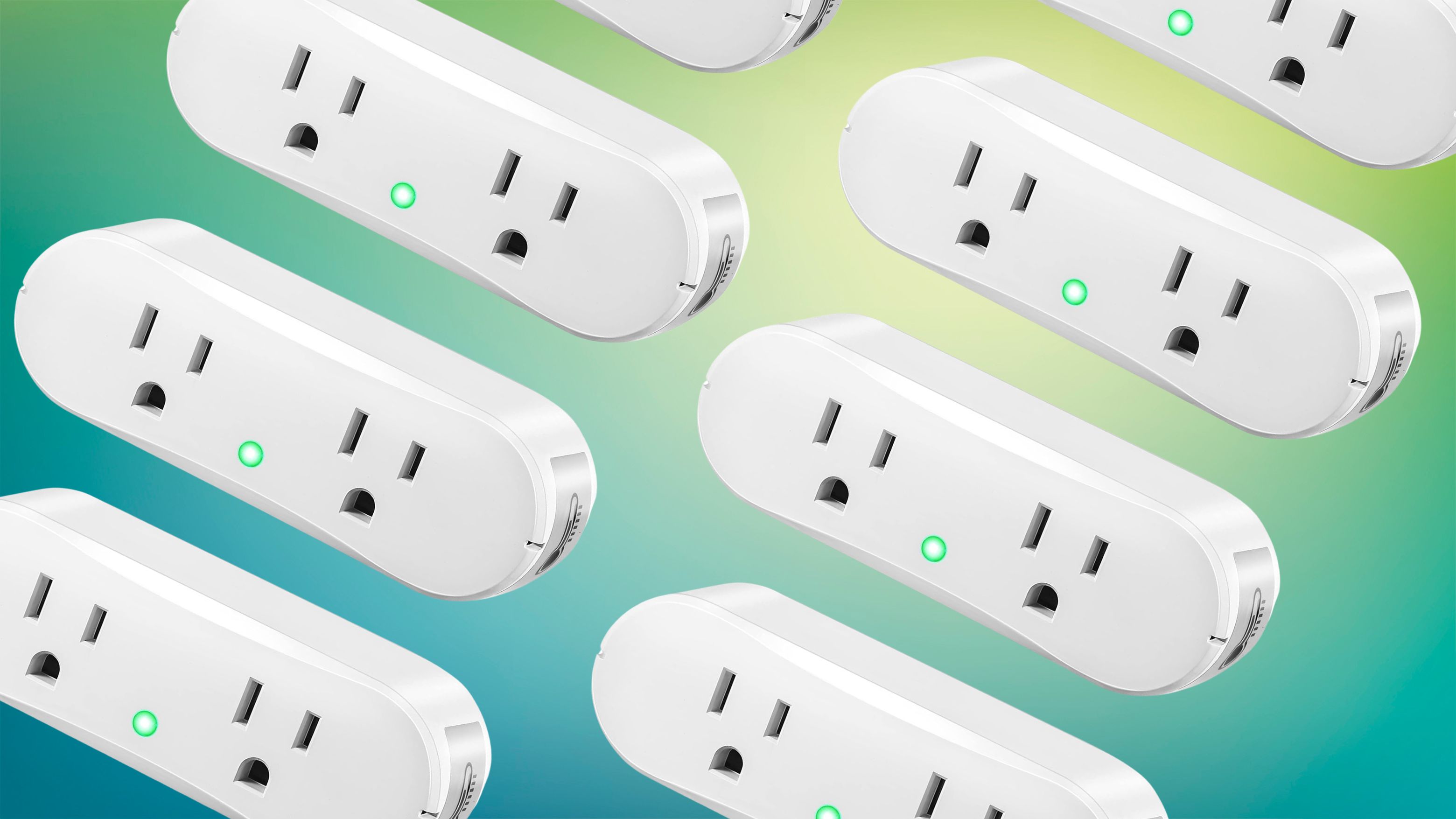 'Okay, That's Genius!' I've Just Discovered This 'Temperature-Controlled' Outlet That has so Many Clever Uses
'Okay, That's Genius!' I've Just Discovered This 'Temperature-Controlled' Outlet That has so Many Clever UsesWith a thermometer built in, these outlets can power devices when the temperature hits a certain point, making them ideal for many use cases
By Alan Martin
-
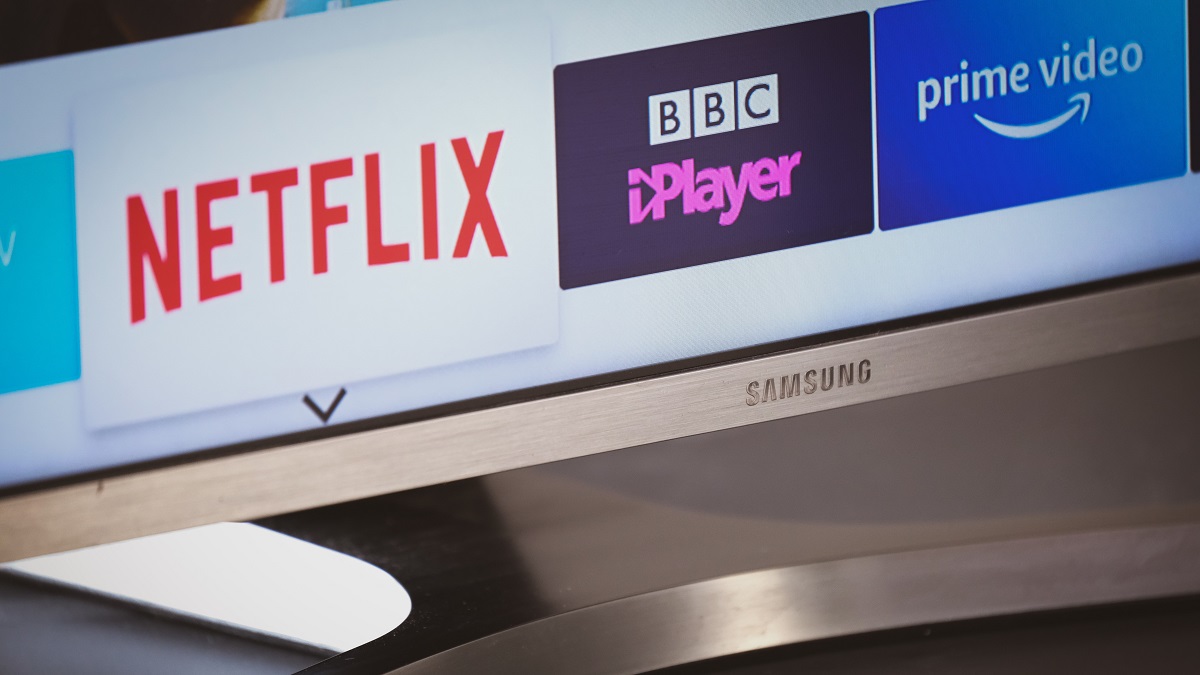 In your smart TV spying on you? This is what data your TV collects and how can you make it more private
In your smart TV spying on you? This is what data your TV collects and how can you make it more privateInternet-connected smart TVs are designed to make your life easier, but that convenience comes with a price: personal data.
By Alan Martin
-
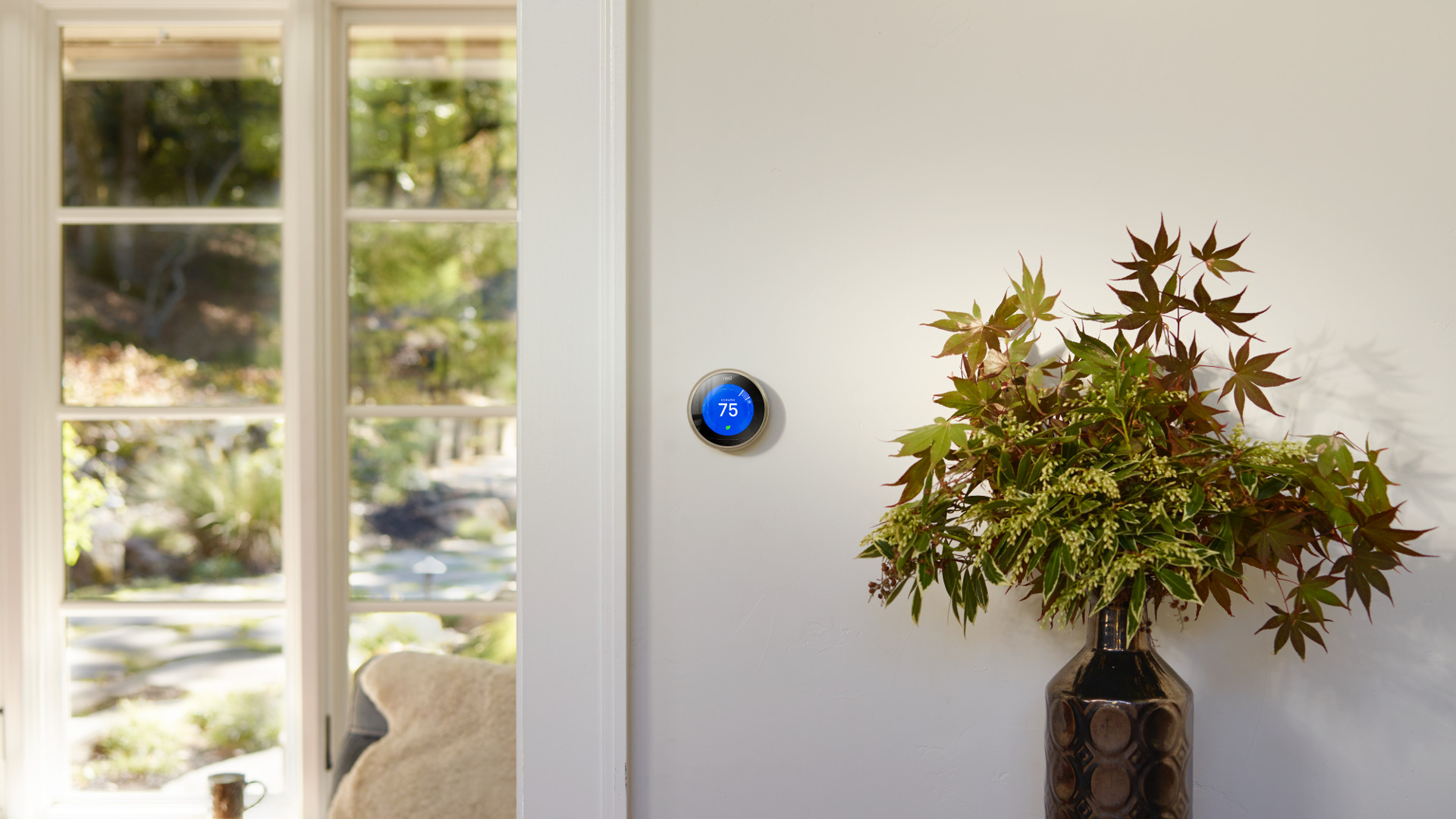 What is a smart heating system? Explained - the way to save money and the environment, from home
What is a smart heating system? Explained - the way to save money and the environment, from homeA smart heating system could change the way you heat your home to save you money and help nature at the same time.
By Luke Edwards
-
 What is human-centric lighting? Meet the smart controls we think every home will have in the future
What is human-centric lighting? Meet the smart controls we think every home will have in the futureHuman-centric lighting systems claim to help boost your wellbeing at home. Here's how they work
By Hugh Metcalf